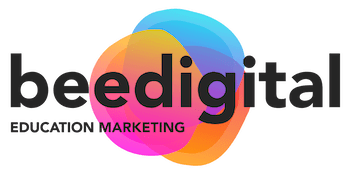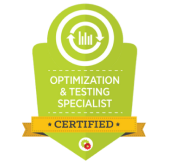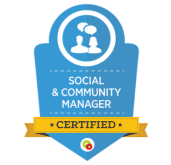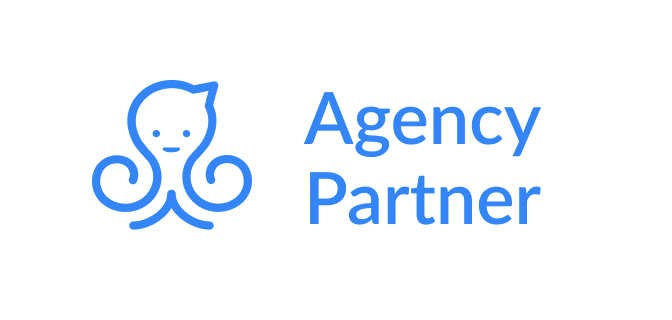It’s been a weird year.
Understatement of the century, but with a global pandemic completely turning everyone’s world upside down, brands have had to react to this new, unprecedented climate in order to maintain successful businesses while the world wrestles with COVID-19.
Adapting is key – but it’s not enough to just adapt your business plans to factor in logistical challenges posed by the pandemic- there’s a big PR issue brands face, too.
Any businesses that profit in the midst of the pandemic will be scrutinised and probably criticised.
However businesses, like all of us, need to find a way to survive in this pandemic.
The trick is finding a way to do this that doesn’t exploit peoples’ vulnerability, or change in circumstances.
Here are some brands that have got it right…
Tech giants like Google know they have to get their response to crises right.
To put it bluntly, the public knows they have cash, and so there’s a certain expectation for them to display altruism, if not generosity.
Google did a couple of things that helped them turn a global pandemic into a good PR opportunity.
They set up a COVID-19 fund for global staff and vendors, so that they could take paid sick leave if they contracted the virus, or couldn’t work because they had to quarantine.
A lot of large brands did this – but what Google did that really made them popular with the public, was making their video conference service, Hangouts Meet, free for G-suite customers until July 1st 2020.
Given that most of the world had to rapidly switch to remote working during the pandemic, this was invaluable support for businesses rushing to adapt.
Key takeaway: Recognising a need during a time of crisis, and actively not trying to profit on it and using it as an opportunity to demonstrate compassion or generosity will pay dividends in PR equity.
Vicks
If any brand is going to do well during a global pandemic, it’s going to be cold & flu brands.
Vicks, the 120 year old family of cold and flu brands owned by P&G, pre-empted a spike in sales, and donated $1 million to global medical relief organisation, Direct Relief.
The press release announcing the donation was issued in mid-March, allowing them to get ahead of any potential negative press around large corporations profiting from the pandemic.
It also garnered decent press attention, helping to encourage brand loyalty- right at a time where demand for cold & flu products was due to reach a peak.
The donation was generous, no doubt about that.
But this was an excellent PR opportunity which certainly didn’t hurt P&G.
So far in 2020, their net sales is up 5% (despite a dip in grooming sales), partly supported by a 10% surge in healthcare sales.
With a net profit of $71bn, that $1m donation was arguably a very shrewd PR spend, disguised as humanitarianism.
Key takeaway: You can’t criticise generosity. The act of ‘giving’, especially if giving generously, cannot fail to attract positive PR. Consider what you can offer at a time of crisis – it could well be a win-win for all.
Pernod Ricard & Brewdog
Two women who worked in manufacturing at the New York based division of Pernod Ricard (the spirits company behind products like Absolut vodka and Jameson whiskey) saw that there was a shortage of sanitiser products at the start of the pandemic, and took exceptionally swift action.
Distilleries often can’t use the first batch of alcohol they produce for drinking, but it works perfectly for hand sanitiser.
This means that distilleries can more easily turn what would’ve been a waste product into a profitable side hustle – and one that serves as good PR in the light of the pandemic.
Within 4 days, Pernod Ricard had produced 1,000 gallons of hand sanitiser.
Their swift and decisive action helped combat a global issue, which was fantastic PR for the brand – even though they profited from these sales as they would any other product.
But their quick response to a global crisis drew them praise, and became the catalyst for other brands to follow suit.
Many other alcohol brands, from large household names to independent distilleries, have started producing sanitiser since the COVID pandemic.
However some are taking it further and giving away their sanitiser in an act of further goodwill.
Brewdog became an NHS approved supplier of hand sanitiser, and has so far made and shipped over 100,000 units of our hand sanitiser, all for free.
Key takeaway: Pivoting your business in a time of crisis to fulfil a need can be both profitable and generous. Adapting quickly and not dragging your heels to act decisively can make your brand a trailblazer.
Social Media: LinkedIn & Twitter
I’m sure many of us would admit to spending a bit too much time on social media during lockdown.
Despite a wobble in ad land at the start of the pandemic while brands tried to work out how best to engage with their customers in such unprecedented times, social media brands have thrived.
LinkedIn, the social networking site targeting professionals, opened up 16 of its learning courses for free.
These are courses that offer ideas on how to stay productive, how to build and maintain relationships in a virtual world, and maintaining a healthy work-life balance.
Not only does this come across as generous, it also helps to bring in potential customers by allowing them to sample their LinkedIn Premium service.
This makes it easier for them to be upsold later down the line. This is one of the oldest marketing tricks in the book – but it works.
Twitter however, gained global attention by being one of the first brands to tell their staff that not only could they work from home, but that they could continue to do so indefinitely.
As a social media brand that’s whole M.O. is around immediacy, and being reactive to the news, by getting ahead of this socio-cultural shift, they positioned themselves as progressive thought leaders in this move.
Twitter also provided employees options to cover any additional day care costs incurred due to schools being closed.
All staff (from hourly workers to salaried staff) were also given financial support to help set up their home offices and any set-up expenses incurred there.
Key takeaway: What does your brand stand for, and represent? When it comes to responding to a crisis, try and keep your offering, actions and communications on brand.












